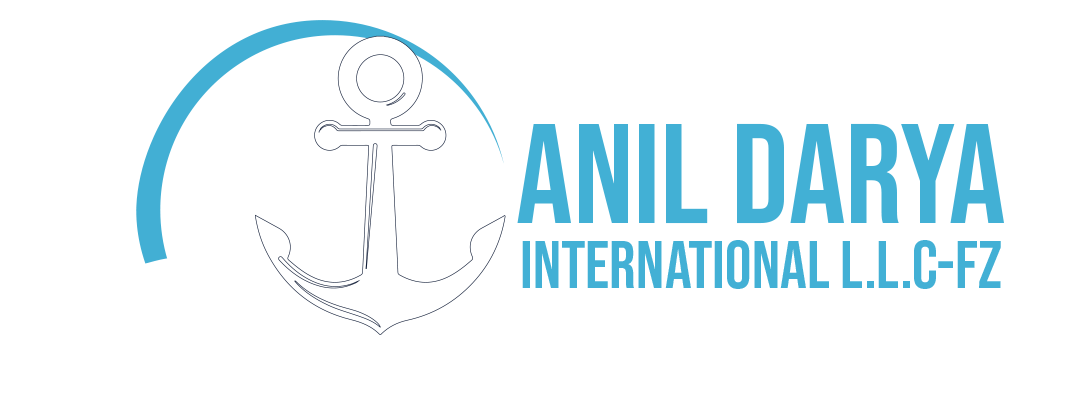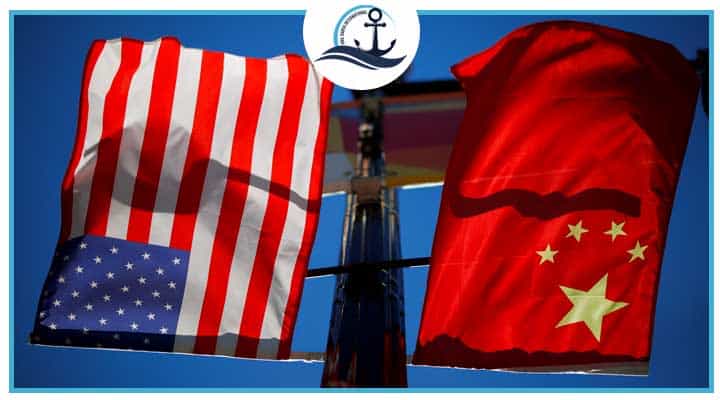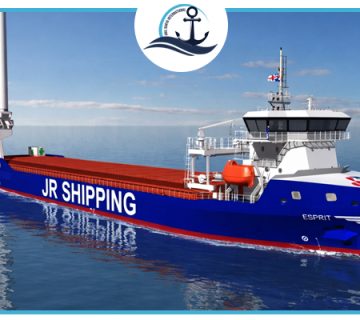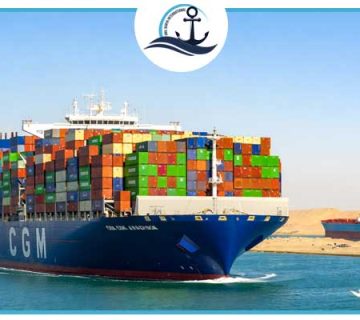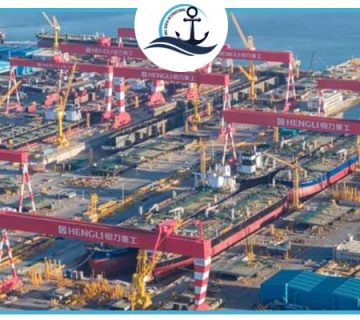|
Getting your Trinity Audio player ready...
|
Tensions Ease After Trump–Xi Meeting in Busan
Global markets and the shipping industry breathed a sigh of relief on Thursday as the United States and China agreed to suspend their new port fee regimes, which had threatened to disrupt global sea freight and vessel operations.
The announcement followed a landmark meeting between US President Donald Trump and Chinese President Xi Jinping in Busan, South Korea — their first face-to-face encounter in six years.
China’s stock market surged to its highest level in a decade after the talks, while shipping stakeholders welcomed the temporary de-escalation of one of the industry’s most unusual trade conflicts.
Port Fee Hike Suspended Amid Renewed Dialogue
US Trade Representative Jamieson Greer confirmed the decision aboard Air Force One, saying:
“We’re going to postpone that while we negotiate with them about that issue. We’re trying to rebuild shipbuilding.”
The pause applies to the higher port charges on Chinese-built vessels, which Washington had introduced earlier this month to challenge Beijing’s growing dominance in the global shipbuilding sector.
Beijing had responded with its own reciprocal tariffs on US-built, flagged, or operated ships, creating a rare case where port fees — traditionally used to manage maritime operations — became geopolitical instruments.
Industry Uncertainty and Charterparty Disputes
The fees, first implemented on October 14, were calculated based on a vessel’s ownership, operational control, flag, and country of construction — criteria that created significant confusion across the maritime and sea freight sectors.
Marine insurer Gard warned that the ambiguity could trigger legal disputes between shipowners and charterers.
In its advisory, the firm noted:
“Owners will argue the fees arise because the vessel is ordered to that port, while charterers will say it’s due to the ship’s characteristics or ownership.”
The lack of contractual clarity led several global operators to revise their charterparty agreements, anticipating that port fee liability might soon become a recurring legal challenge.
BIMCO and Intertanko Draft New Port Fee Clauses
To reduce contractual risk, major shipping associations have stepped in.
BIMCO and Intertanko have already introduced owner-friendly clauses addressing the US-imposed port fees, ensuring that future charterparty contracts define who bears the cost of politically driven charges.
Sources indicate that new clauses covering China’s reciprocal port fees are currently being drafted, reflecting the maritime industry’s push for consistency and legal protection amid shifting trade regulations.
Repercussions Across the Sea Freight Landscape
While the suspension provides short-term relief, analysts caution that the underlying policy tension remains unresolved.
Many in the shipping and sea freight sectors fear that differential port charges could resurface as a long-term trade policy tool, fundamentally changing the way global shipping costs are structured.
The uncertainty has already influenced strategic decisions within the maritime community.
Two of Hong Kong’s largest shipowners, Pacific Basin and Seaspan, have relocated significant portions of their fleets and management operations to Singapore, seeking regulatory stability and lower exposure to US-linked port fees.
The moves underscore Singapore’s growing role as a neutral maritime hub, attracting carriers and owners caught between evolving US-China trade policies.
Global Reactions: Relief, But Lingering Risks
Analysts say the postponement marks a temporary truce in a larger maritime policy standoff.
If talks in Busan succeed, both governments could agree on a unified framework to prevent port fees from being used as trade weapons.
However, if negotiations stall, the industry could again face dual tariff systems, adding further complexity to freight routing and cost structures.
Trade experts also point to the psychological effect the measures have had on the market: the fear that political intervention in sea freight operations may become normalized, potentially discouraging investment in fleet renewal and newbuild orders.
Outlook: A Fragile Calm for Global Shipping
For now, the postponement of port fees offers welcome stability to a sector already grappling with volatile freight rates, sanctions, and decarbonization pressures.
But shipping executives remain cautious — aware that this reprieve could end abruptly if US–China negotiations fail to produce a lasting settlement.
The next round of trade talks is expected later this month, with both sides pledging to address shipbuilding cooperation, port access rules, and sea freight cost transparency.
Observers say that while the tone of dialogue has softened, the outcome will determine whether this marks the beginning of lasting stability — or just another pause in an escalating maritime power struggle.
